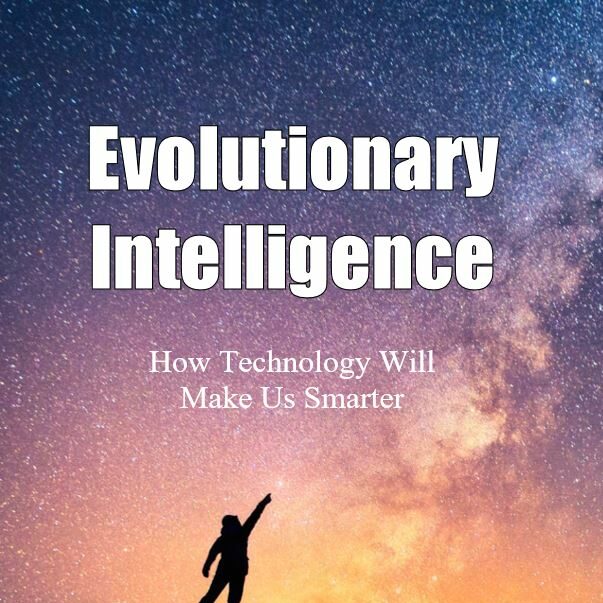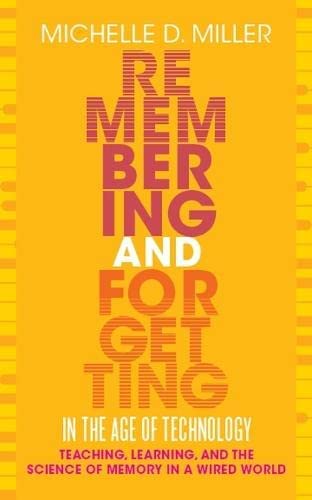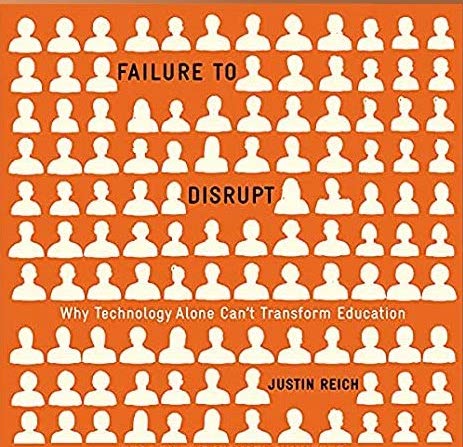Tags
ADHD adolescence attention book review boundary conditions classroom advice conference speakers constructivism/direct instruction creativity desirable difficulty development dual coding education elementary school embodied cognition emotion evolution executive function exercise experts and novices gender high school homework intelligence long-term memory math methodology middle school mindfulness Mindset motivation neuromyths neuroscience online learning parents psychology reading retrieval practice self-control skepticism sleep STEM stress technology working memoryRecent Comments
- Understanding Test Anxiety on Test Anxiety: How and When Does It Harm Students?
- A Skeptic Converted? The Benefits of Narrative |Education & Teacher Conferences on Help Me Understand: Narrative Is Better than Exposition
- Debate #4- Cell phones be banned from the classroom. | Aradhana's blog – ECI830 on Cell Phones in the Classroom: Expected (and Unexpected) Effects
- The Rare Slam Dunk? Blue Light Before Bed |Education & Teacher Conferences on “Writing By Hand Fosters Neural Connections…”
- Andrew Watson on “You Can Find Research that Proves Anything”
ABOUT THE BLOG
Tag Archives: technology

Anxious Generation by Jonathan Haidt
From the author of The Coddling of the American Mind, The Righteous Mind, and The…

To Insta or Not to Insta: That Is the Memory...
Here in the US, we’re having something of a national debate about the benefits/harms of…

Evolutionary Intelligence by Russell Neuman
I have recently been reviewing human-technology interactions with a team at Brookings, and it is…

My Detective Adventure: “VR Will Transform Education” [Reposted]
Our blogger is off this week. He asked us to repost this piece, because he’ll…

My Detective Adventure: “VR Will Transform Education”
A friend recently sent me a link to an article with a click-baity headline: something…

Remembering and Forgetting in the Age of Technology by Michelle...
The cognition of remembering and forgetting is central to our lives and our intellectual valuation…

Is “Cell Phone Addiction” Really a Thing? [Reposted]
A well-known Education Twitter personality claimed that “cell phones are as addictive as drugs.” Are…

Failure to Disrupt by Justin Reich
Failure to Disrupt: Why Technology Alone Can’t Transform Education is a well-written critical synthesis of…

Let’s Get Practical: How Fast Should Videos Be?
Research often operates at a highly abstract level. Psychologists and neuroscientists study cognitive “tasks” that…

When Does Technology Distract Students? The Benefits of Research that...
I spoke with several hundred students last week about research-based study strategies. As always, students…
